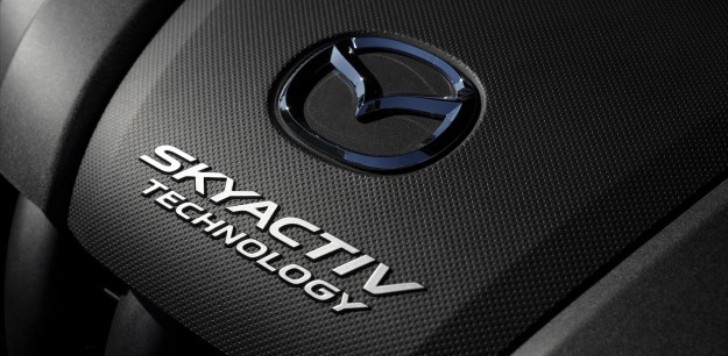Mazda Motor Corporation has announced it's planning a massive production increase for its Skyactiv transmissions which are made at the Nakanoseki district of Hofu Plant in Japan.
From the current 750,000 units per year, the automaker wants to made 1,140,000 units annually by July 2014. The increase is obviously a result of increased demand for its cars on a global level.
The initiative involves adding machining and assembly lines to an affiliated company's building located next to the Nakanoseki district.
Mazda hopes to strengthen its sales figures to the point where they deliver 1.7 million vehicles per year by the fiscal year ending March 2016. The first Skyactiv transmissions were installed into the now outgoing Mazda3, sold as the Axela in Japan, back in 2011.
Nariaki Uchida commented, "Operations began at the Nakanoseki district of Hofu plant in December 1981, and it is now Mazda's chief transmission production facility. This is where we make SKYACTIV transmissions for the Mazda CX-5, which was named Car of the Year Japan last year, and our flagship model the Mazda Atenza (known as Mazda6 overseas). Moving forward, Mazda is committed to delivering vehicles featuring SKYACTIV Technology to the greatest number of customers possible and to contribute to the further development of Yamaguchi prefecture and the city of Hofu."
The initiative involves adding machining and assembly lines to an affiliated company's building located next to the Nakanoseki district.
Mazda hopes to strengthen its sales figures to the point where they deliver 1.7 million vehicles per year by the fiscal year ending March 2016. The first Skyactiv transmissions were installed into the now outgoing Mazda3, sold as the Axela in Japan, back in 2011.
Nariaki Uchida commented, "Operations began at the Nakanoseki district of Hofu plant in December 1981, and it is now Mazda's chief transmission production facility. This is where we make SKYACTIV transmissions for the Mazda CX-5, which was named Car of the Year Japan last year, and our flagship model the Mazda Atenza (known as Mazda6 overseas). Moving forward, Mazda is committed to delivering vehicles featuring SKYACTIV Technology to the greatest number of customers possible and to contribute to the further development of Yamaguchi prefecture and the city of Hofu."

